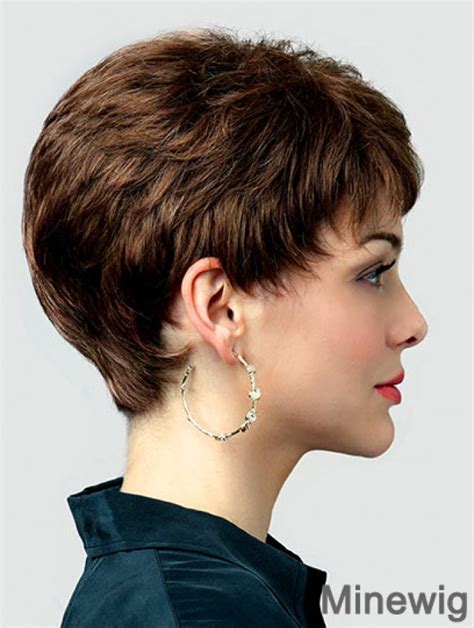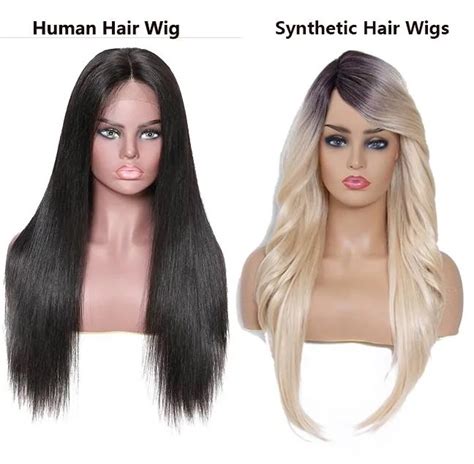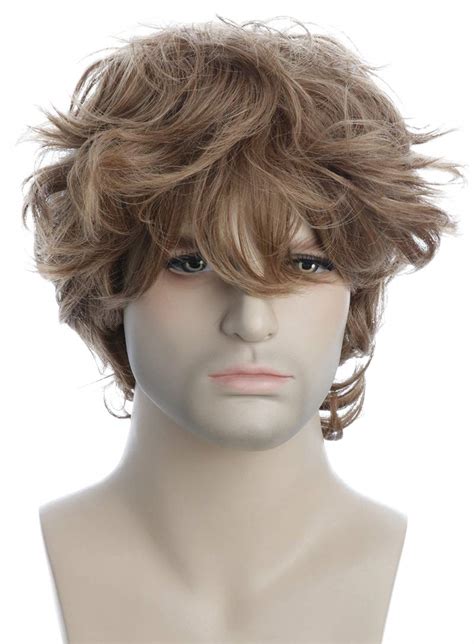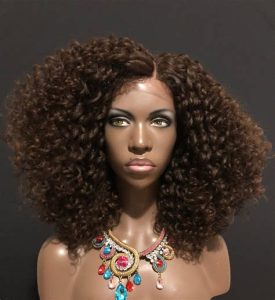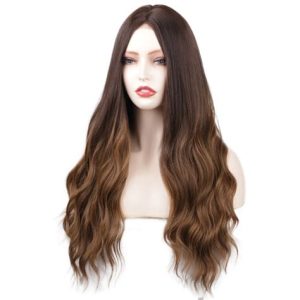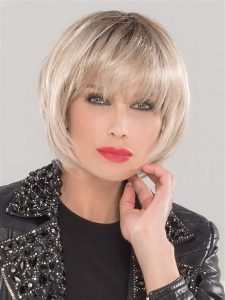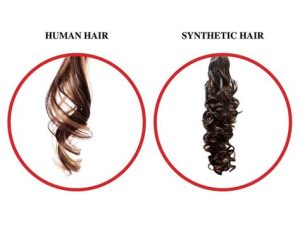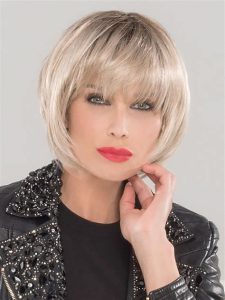Introduction What Defines a Hand-Tied Short Men’s Wig? Benefits of Straight Hand-Tied Short Men’s Wigs Choosing the Perfect Wig Common Mistakes to Avoid Step-by-Step Guide to Applying a Straight Hand-Tied Short Men’s Wig Comparisons of Different Wigs Pros and Cons of Straight Hand-Tied Short Men’s Wigs Maintenance Tips for Hand-Tied Short Men’s Wigs Hot Search Title: Revolutionize Your Look in 2025 with Ideal Straight Hand-Tied Short Men’s Wigs
Ideal Straight Hand Tied Short Men Wigs: The Perfect Solution for Men in 2025
Every man deserves to look and feel his best. With the rise of hair loss and the increasing demand for natural-looking hair solutions, wigs have become a popular option for men. However, not all wigs are created equal. In this comprehensive guide, we will delve into the world of straight hand-tied short men’s wigs and unveil the secrets to finding and maintaining the perfect piece.

Hand-tied wigs are meticulously crafted using a technique where individual strands of hair are hand-tied to the base of the wig cap. Unlike traditional machine-made wigs, this manual process ensures a natural-looking hairline and maximum breathability. Short men’s wigs are designed specifically for men with shorter hairstyles, typically ranging from 4 to 8 inches in length.
- Natural-Looking Appearance: The hand-tied construction creates an undetectable hairline, giving the wig a realistic and natural look.
- Breathability and Comfort: The open cap construction allows for excellent airflow, reducing sweating and discomfort.
- Versatile Styling: Short men’s wigs offer versatility, allowing you to style them into various fashionable cuts and styles.
- Durable and Long-Lasting: Hand-tied wigs are built to withstand daily wear and tear, ensuring longevity.
Finding the perfect straight hand-tied short men’s wig requires careful consideration of several factors:
- Cap Size: Determine your head circumference to ensure the wig fits comfortably and securely.
- Hair Length and Texture: Select a wig length that complements your facial features and style. Consider the texture of your natural hair to match.
- Hair Color: Choose a color that blends seamlessly with your skin tone and natural hair color.
- Lace Type: Choose between different lace types (e.g., Swiss lace, French lace) based on desired durability, transparency, and comfort.
To achieve the perfect fit and appearance, avoid these common mistakes:
- Choosing the Wrong Cap Size: An ill-fitting wig can lead to discomfort and an unnatural appearance.
- Over-Styling: Excessive styling can damage the wig fibers and shorten its lifespan.
- Using Harsh Chemicals: Avoid using harsh chemicals, such as bleach or dyes, as they can damage the wig.
- Prepare Your Hair: Remove any natural hair from the area where the wig will be worn.
- Place the Wig Cap: Wear a wig cap to create a smooth base and prevent slippage.
- Position the Wig: Align the wig’s front with your natural hairline and gently secure it.
- Adjust the Straps: Tighten or loosen the adjustable straps to ensure a snug and comfortable fit.
- Style to Your Preference: Use a brush or comb to style the wig to your desired look.
| Wig Type | Pros | Cons |
|---|---|---|
| Lace Front Wig | Provides a natural hairline | Can be more expensive |
| Full Lace Wig | Most realistic appearance | Requires professional installation and maintenance |
| Monofilament Wig | Breathable and comfortable | May be less durable than hand-tied wigs |
| Machine-Made Wig | Affordable | Less natural-looking |
Pros:
- Natural-looking and undetectable hairline
- Comfortable and breathable cap construction
- Durable and long-lasting
- Versatile styling options
Cons:
- Higher cost compared to machine-made wigs
- Requires proper care and maintenance to maintain its appearance
- Regular Washing: Wash your hand-tied wig every 1-2 weeks using a gentle shampoo and conditioner.
- Air Drying: Allow the wig to air dry on a stand to prevent damage from heat.
- Gentle Brushing: Use a soft brush to gently detangle and style the wig.
- Storage: Store the wig in a cool, dry place away from direct sunlight when not in use.

